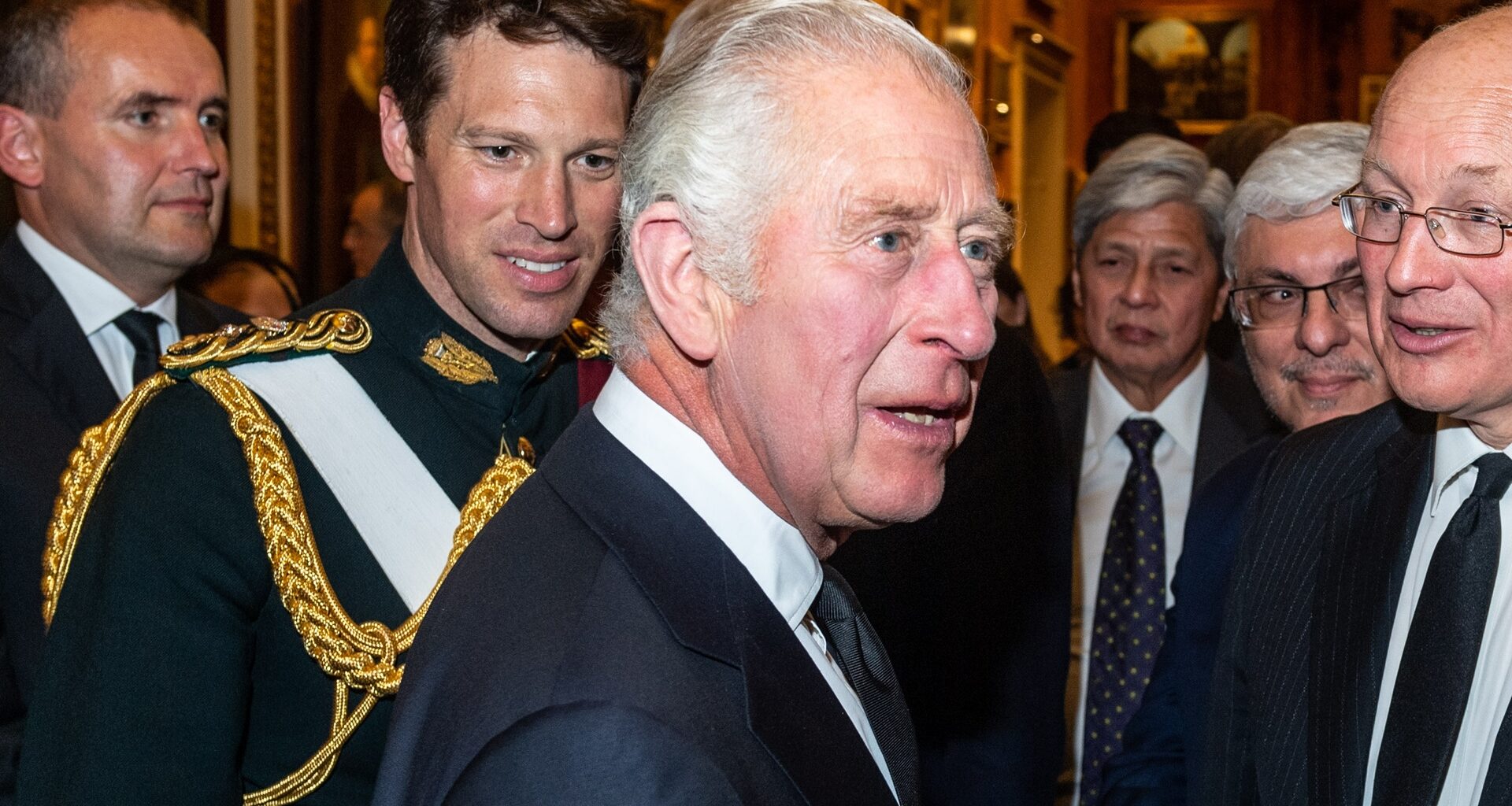“The police had questioned me about something which they could see there was no evidence for,” he said.
A Thames Valley Police spokesperson told Big Issue an assault was reported to Thames Valley Police which was investigated with no charges brought forward.
The force’s deputy chief constable Ben Snuggs said: “Thames Valley Police has settled a claim with Mr Hill and has accepted that the grounds of the offence for which he was arrested were unlawful. Public order and public safety operations are a key part of policing and it’s important we use these circumstances to help shape our future response.”
In the publicity resulting from the arrest, Hill said he received some death threats along with an overwhelming amount of supportive messages. The public order charges were dropped in January 2023, shortly after being passed to the Crown Prosecution Service (CPS).
Police actions towards protesters after the death of Queen Elizabeth came under scrutiny, with 52 people arrested for protest-related offences on the day of King Charles’ coronation. Republican groups described it as an “incredibly alarming” attack on the right to protest.
Hill said he was aware others wrongly arrested didn’t receive so much publicity, or have the ability to challenge, and he hoped his case would make a difference. “My rights had been violated, I’d been handcuffed and pushed in the back of the van with no justification,” he said. “I wanted to do it for my own sake, but I hoped on some level it might make the police less likely to do this in the future.
“I’d always been outraged by the fact I was arrested, the way I was arrested, and what that means for the right to object to monarchy – and the right for people of any viewpoint to publicly and peacefully express their views”.
Hill was arrested under old powers in the 1986 Public Order Act, but since his arrest two anti-protest laws have come into power, limiting freedom to protest in the UK.
Civil rights group Liberty, who brought the case for Hill, raised fears that Labour’s new Crime and Policing Bill introduces anti-protest measures including a ban on wearing face masks which it says would make it unsafe for disabled people or political dissidents to protest.
“A functioning democracy relies on the ability to voice different opinions and discuss them in public spaces. Symon’s wrongful arrest shows how broad anti-protest laws are shutting down people’s freedom of expression,” said Katy Watts, a lawyer at Liberty.
“As even more protest-based criminal offences are being introduced, we need this government to take a step back and look at the complex web of anti-protest laws and how it is being used. We must urgently see a review of the broad anti-protest legislation to ensure that what happened to Symon cannot be allowed to happen again.”
Do you have a story to tell or opinions to share about this? Get in touch and tell us more. Big Issue exists to give homeless and marginalised people the opportunity to earn an income. To support our work buy a copy of the magazine or get the app from the App Store or Google Play.

